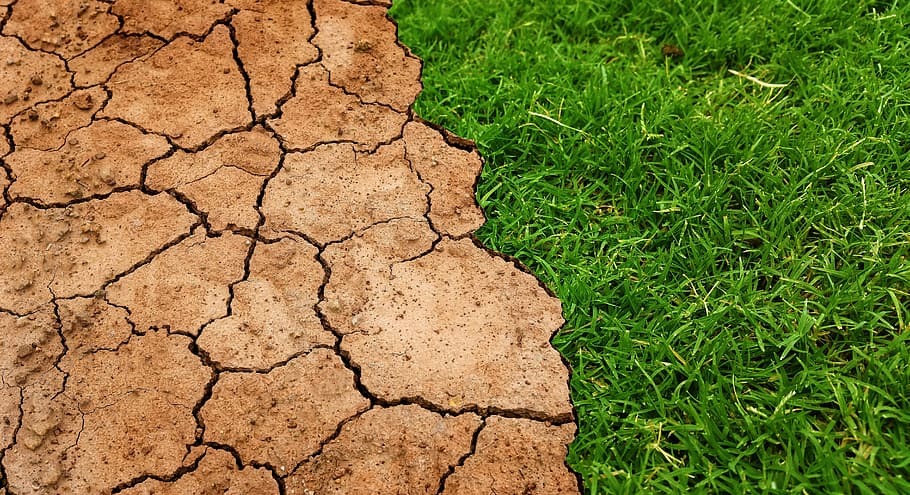The deadline for countries to submit updated climate plans has come and gone, with most major polluters missing the February 10 target. Out of 195 nations that are signatories to the Paris Agreement, only 11 countries managed to meet the deadline and submit their Nationally Determined Contributions (NDCs). The failure of many major emitters to comply has raised questions about the global effort to address the climate crisis.
Among the countries that met the deadline were the United Kingdom and Brazil, with their updated plans for reducing emissions and combating climate change. However, key players like India, Australia, and the European Union—whose plan is a collective one—did not submit their updated contributions on time.
UN Extends Deadline for High-Quality Climate Plans
While this lack of timely submissions is concerning, there are no penalties for missing the deadline. The United Nations has emphasized that the focus should be on ensuring that the quality of the climate plans is high, even if the deadlines are missed. Simon Stiell, the UN climate chief, said the deadline was important, but he stressed that the overall quality of the plans is far more crucial.
In an effort to give countries more time, the UN has now set September as the effective deadline for nations to submit their updated NDCs. This extension is significant as it gives countries additional time to ensure their climate plans are strong, actionable, and capable of addressing the pressing climate challenges ahead.
UN Pushes for High-Quality Plans
The Paris Agreement, signed in 2015, requires countries to submit updated NDCs every five years. These contributions outline the actions each country will take to reduce their greenhouse gas emissions and adapt to the impacts of climate change. The NDCs are vital for assessing the global progress in meeting the targets set by the Paris Agreement, which aims to limit global warming to well below 2°C, with an aspiration to limit it to 1.5°C.
While the February 10 deadline has passed, there are no official consequences for nations that failed to submit their NDCs on time. The UN’s Simon Stiell emphasized the importance of high-quality submissions, saying that these plans are some of the most critical policy documents of the century. “Quality must come first,” he said. The UN believes that taking additional time to finalize strong, impactful plans is more beneficial than rushing to meet the original deadline.
Stiell has stated that the UN expects most countries to submit their NDCs later this year. The final deadline for inclusion in the synthesis report, which will guide discussions at COP30 in Brazil, is set for September. This report will provide an overview of the submissions and the global progress made in addressing the climate crisis.
Challenges in Climate Action
As of now, only a small fraction of the 195 countries involved in the Paris Agreement have submitted their updated climate plans. These countries account for just 16% of global emissions, with the United States contributing the largest share. The U.S. had already submitted its plan before President Trump’s administration began withdrawing from the Paris Agreement, but it has since revised its approach under President Biden.
Other major emitters such as Brazil, the UK, and the United Arab Emirates also met the deadline. However, the plans submitted by smaller countries like New Zealand, Switzerland, Uruguay, and the Marshall Islands, which collectively contribute only 0.2% of global emissions, are of limited impact in the global fight against climate change.
David Waskow, Director of the World Resources Institute’s International Climate Initiative, noted that many smaller, developing nations have been delayed in their NDC submissions due to limited resources. These countries are often juggling multiple commitments, including progress reports and adaptation plans to deal with the impacts of climate change. Waskow warned that weak plans would result in a grim future for the planet. “2025 must be the year for greater ambition,” he said.
The Need for Action Before COP30
The urgency of addressing the climate crisis cannot be overstated. As countries work to finalize their NDCs, the UN has called for actionable commitments that can deliver real results. Waskow emphasized that the process should not be reduced to mere box-ticking. Strong, robust climate plans are essential to ensure that nations meet the goals of the Paris Agreement.
Nations have until September to finalize and submit their NDCs ahead of COP30, which will take place in Brazil. This summit will be critical for assessing global progress and setting further targets for climate action. The global community must continue pushing for stronger commitments to ensure a sustainable and livable future for generations to come.
As the Paris Agreement’s deadline for updated NDCs has passed, it is clear that major polluters need to step up their efforts. While there has been a delay in submissions, the UN has emphasized the need for high-quality plans over strict adherence to the timeline. As the world prepares for COP30, it is essential that nations finalize their contributions and take meaningful steps to address the climate crisis. The future of the planet depends on the actions taken today.
For more updates on climate change and global efforts, visit Financial Mirror.
